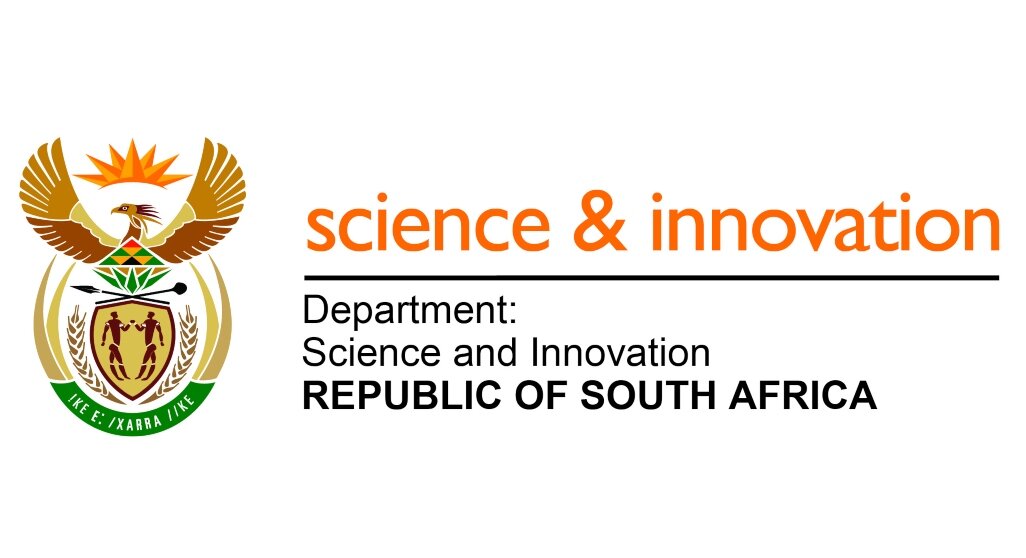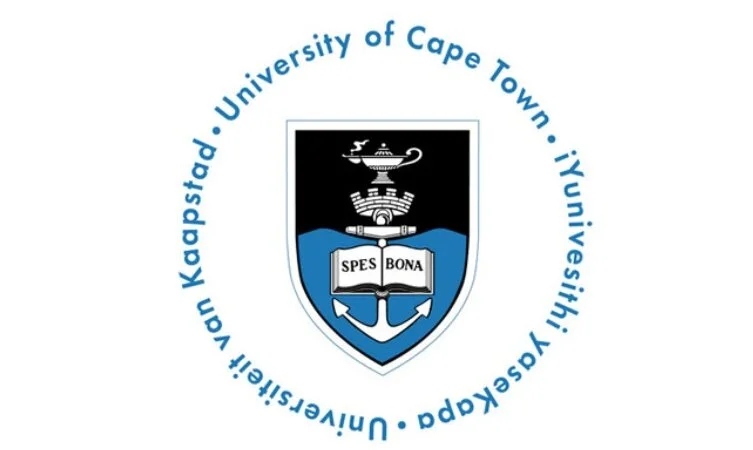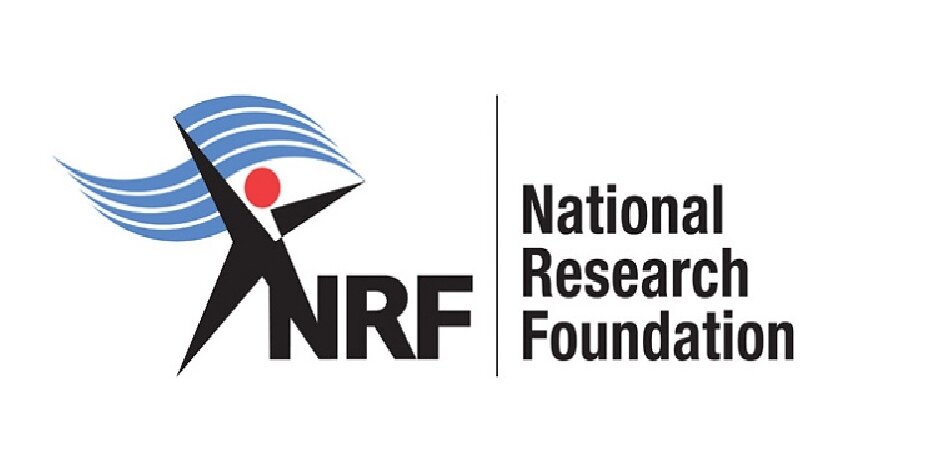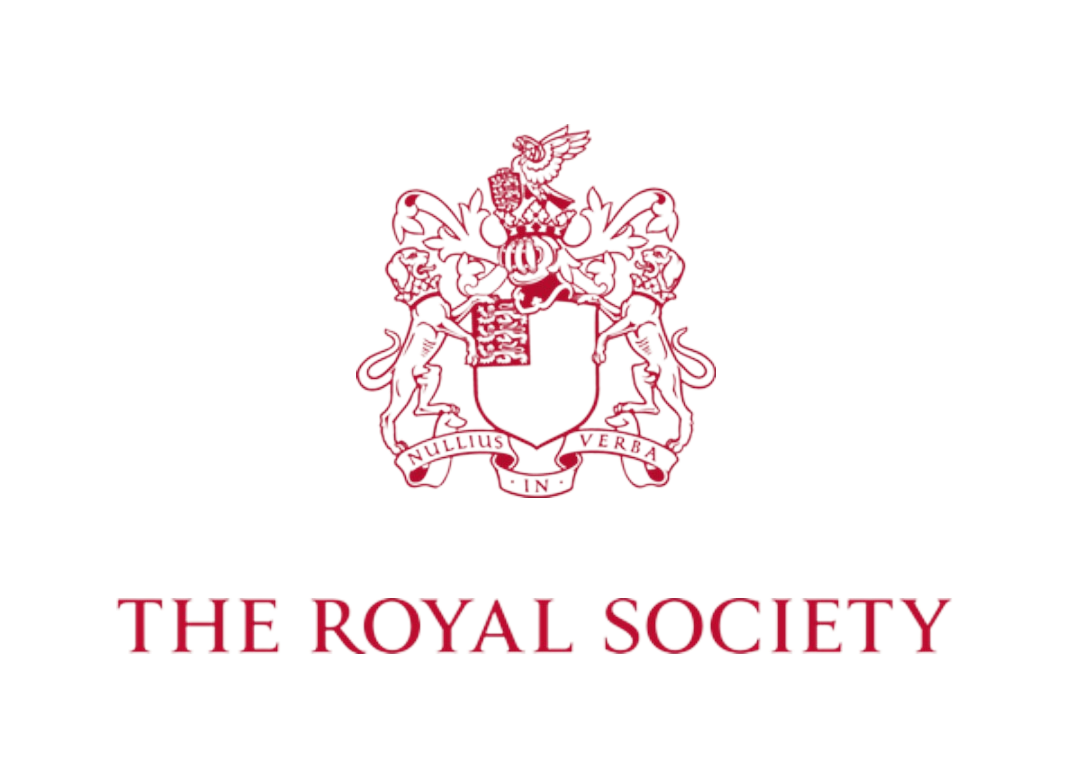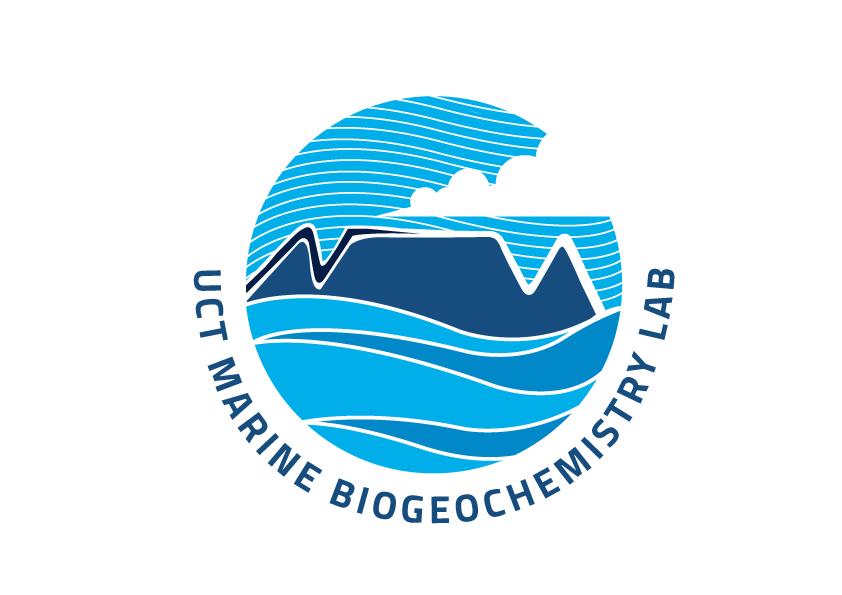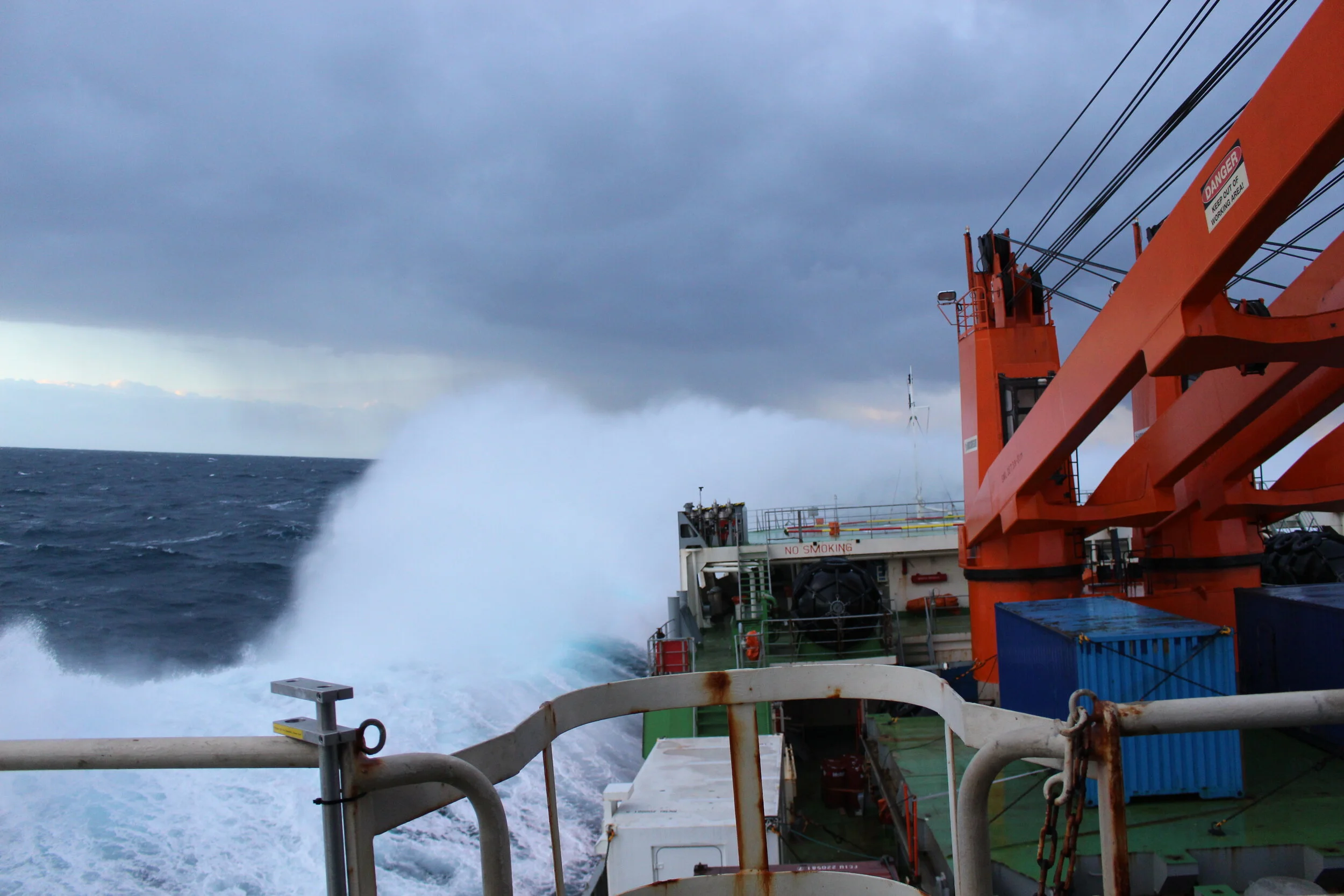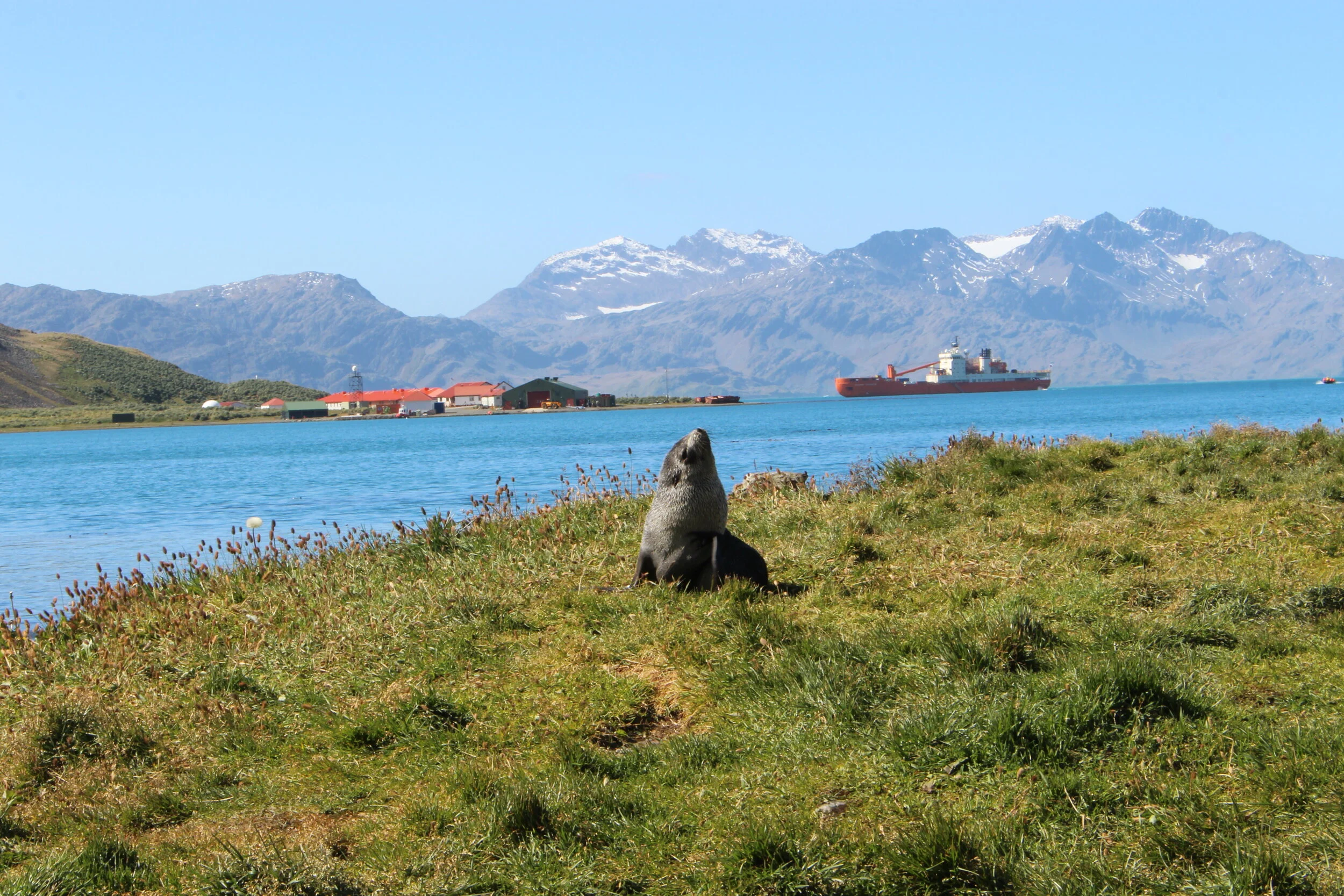
Research Cruises
South African National Antarctic Programme
The South African National Antarctic Programme (SANAP) is a division of the National Research Foundation (NRF). Through UCT-MBL’s participation in SANAP, we are afforded the access to logistical voyages aboard South Africa’s ice-breaker, the R/V SA Agulhas II, to the Prince Edward Islands (in the Indian sector of the Subantarctic) and SANAE V, the South African base in Antarctica (located on the Fimbul Ice Shelf in Dronning Maud Land). The primary objective of these cruises is to supply the research bases with provisions and personnel, although considerable scientific investigation is also undertaken. The voyages to the Prince Edwards Islands, which include oceanographic monitoring activities undertaken by the Department of Environment, Forestry and Fisheries, typically occur in April/May (autumn), while the SANAE voyages take place between December and February (summer). Learn more here.
Agulhas System Climate Array
The Agulhas System Climate Array (ASCA) is an international project involving collaborators from South Africa, the USA, and the Netherlands, and involves long-term monitoring of the volume, heat, and salt transport of the Agulhas Current. The moored instrumentation that are central to this effort have to be serviced every year, which provides an opportunity for biogeochemical sampling of the Agulhas Current region, including the southwestern subtropical Indian Ocean gyre. ASCA cruises typically occur in July (winter) and are used as a platform for the SEAmester programme. UCT-MBL is currently interested in discerning the mechanisms of surface nutrient supply and quantifying carbon export potential in the greater Agulhas region, and tracking the biogeochemical footprint of Agulhas leakage. Learn more here.
Integrated Ecosystem Programme
The Integrated Ecosystem Programme (IEP): Southern Benguela is a multi-disciplinary, multi-institutional programme run by the Department of Environment, Forestry and Fisheries that involves quarterly cruises to the southern Benguela upwelling system (SBUS). The goal of the IEP is to develop ecosystem indicators that can be used to effectively monitor and understand the SBUS in order to inform ecosystem-based management. The UCT-MBL has an ongoing collaboration with the IEP that allows us to collect samples for nutrients, nitrate isotopes, and N2O as part of an effort to develop a mechanistic understanding of the causes and consequences of hypoxia in the SBUS. Learn more here.
Southern Ocean Seasonal Experiment
SCALE (Southern oCean seAsonaL Experiment) is a novel interdisciplinary experiment that spans seasonal to decadal timescales in the southeastern Atlantic sector of the Southern Ocean and involves numerous institutions from across South Africa and abroad. The involvement of the UCT-MBL in SCALE includes participating in cruises in winter and spring 2019 and providing nutrient data to the SCALE community. Additionally, we are interested in using measurements of the upper-ocean nitrogen cycle to better understand CO2 drawdown across the Southern Ocean, and high-resolution measurements of surface ocean biogeochemistry and aerosol composition to evaluate the mechanistic controls on the sources and radiative impact of marine aerosols. Learn more here.
Weddell Sea Expedition
The Weddell Sea Expedition took place in summer 2019 aboard the R/V SA Agulhas II. The Weddell Sea represents a point of origin in the Southern Ocean where globally-important water masses form; biological activities in Weddell Sea surface waters thus affect large-scale ocean biogeochemistry. We undertook an intensive sampling campaign near Larsen C Ice Shelf (LCIS), which is particularly understudied because of the perennial harsh sea-ice conditions, to investigate the summertime fertility of the Weddell Sea and the potential importance of different phytoplankton groups for nutrient cycling, carbon production and export. We also sampled for tracers (temperature, salinity, seawater and nitrate isotopes) useful for deducing water mass characteristics and distributions. Learn more here.
Antarctic Circumnavigation Expedition
The UCT-MBL was involved in the Antarctic Circumnavigation Expedition (ACE) cruise funded by the Swiss Polar Institute that circumnavigated Antarctica between December 2016 and March 2017. Our goal (which is ongoing) was to investigate how microbial community composition affects organic carbon export in the Southern Ocean, and how this changes with changing nitrogen source. Using a number of cutting-edge biogeochemical techniques, we set out to answer the following questions: Who is there? What are they doing? Why are they doing it? What are the implications for Antarctic nitrogen cycling, ecosystem function, and atmospheric CO2 absorption, today and in a warming world? Learn more here.
